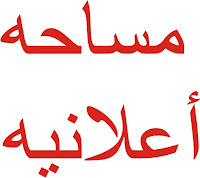Why should the court impose a judgment in a case in which the SEC alleges a
serious securities fraud but the defendant neither admits not denies
wrongdoing?” Rakoff asked the parties in a letter that set the Nov. 9 hearing.
“Given the SEC’s statutory mandate to ensure transparency in the financial
marketplace, is there an overriding public interest in determining whether the
SEC’s charges are true?” the judge added.
Citi ultimately pocketed $160 million in fees and trading profits off the
sales of the product and its failure, while Citi’s customers were left holding
the bag for the default, the SEC said.
The allegations are similar to charges the SEC brought against Goldman Sachs
last year, which resulted in top Goldman execs being dragged before Congress
and a $550 million fine -- the largest ever.
Rakoff also questioned Citi’s fine in comparison to Goldman’s, noting that
Citi’s penalty portion is just $95 million, or “less than one-fifth” Goldman’s
$535 million penalty.
“How can a securities fraud of this nature and magnitude be the result
simply of negligence,” Rakoff asked.
Citigroup declined to comment.
“We look forward to responding to the questions raised by the court,” said
SEC spokesman John Nester.
It isn’t the first time Judge Dread has put the brakes on the SEC’s efforts
to cut a deal with a bank accused of serious wrongdoing.
In 2009, the judge made headlines when he called Schapiro on the carpet for
a $33 million pact with Bank of America over allegations the bank misled
shareholders about details of its Merrill Lynch acquisition.
Rakoff said the fine was paltry compared to BofA’s alleged misdeeds, and he
demanded documents from both the SEC and the bank explaining the fine. He
ultimately accepted a $150 million settlement with BofA, but not before
criticizing the process as “half-baked justice at best.”

0 التعليقات:
إرسال تعليق